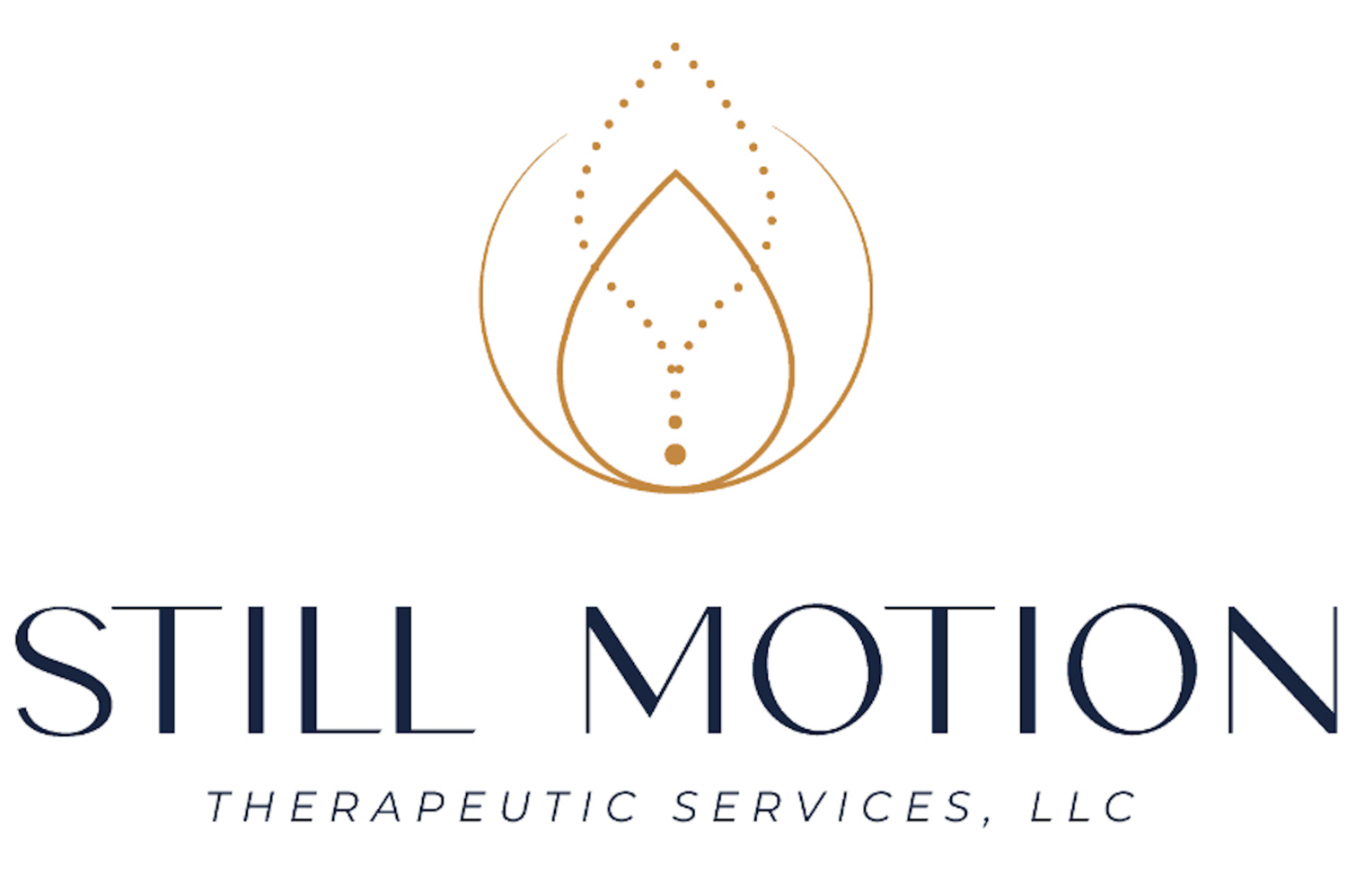Mental Health in Marginalized Communities: Why Representation Matters
/Mental health doesn’t exist in a vacuum. It’s shaped by the world we live in—by our histories, our access to care, the systems we navigate, and how seen and safe we feel when we ask for support.
For people in marginalized communities—whether due to race, gender identity, sexuality, disability, or immigration status—mental health challenges often go unspoken, misdiagnosed, or unmet altogether. The stigma is compounded. The barriers are real. And too often, the spaces that claim to offer healing don’t reflect the people who most need to be heard.
That’s why representation matters. Not just in media or politics—but in therapy rooms, resource guides, support groups, and conversations about mental wellness.
The Weight of Invisibility
When your identity is misunderstood or erased, it creates a deep sense of isolation. Clients from marginalized backgrounds may hesitate to open up to providers who:
Lack cultural competence
Don’t understand systemic trauma
Minimize racialized or gender-based experiences
Assume a “one-size-fits-all” approach to healing
This disconnect can lead to misdiagnosis, under-treatment, or retraumatization. Representation isn’t just about optics—it’s about safety, trust, and dignity.
Mental Health Is Political, Too
Black, Indigenous, LGBTQIA+, disabled, and immigrant communities often carry intergenerational trauma and systemic harm. That trauma is not just personal—it’s political. It comes from:
Displacement
State violence
Healthcare discrimination
Economic exclusion
Being “othered” in dominant culture narratives
Healing in these contexts must acknowledge the full picture. Therapy that ignores oppression is incomplete therapy.
What Representation Offers
When people see therapists, educators, and leaders who reflect their experiences, something powerful happens:
Validation: “You see me. You get it.”
Safety: A space where you don’t have to explain your whole identity before you begin to heal.
Hope: The possibility of wellness that includes your truth—not despite it.
Representation builds bridges to trust, and trust is the foundation of healing.
A Call to Mental Health Providers
If you’re in the mental health field, ask yourself:
Who feels welcome in your space?
Whose stories are centered—and whose are missing?
Are your tools, frameworks, and training rooted in inclusivity?
Representation is not a trend. It’s a responsibility. Creating affirming, inclusive mental health care means hiring diverse providers, educating ourselves on cultural and structural harm, and listening to those most impacted.
At Still Motion Therapeutic Services LLC
We believe that every person deserves to feel seen and supported in their healing. Our practice is committed to trauma-informed, identity-affirming care that centers lived experience—not pathologizes it.
Whether you're seeking therapy as a person of color, a queer or trans individual, a survivor, or someone navigating intersectional oppression—your mental health matters. Your story deserves to be honored by someone who understands the weight you carry.
Healing happens when people feel safe enough to be real. And that starts with being represented.

